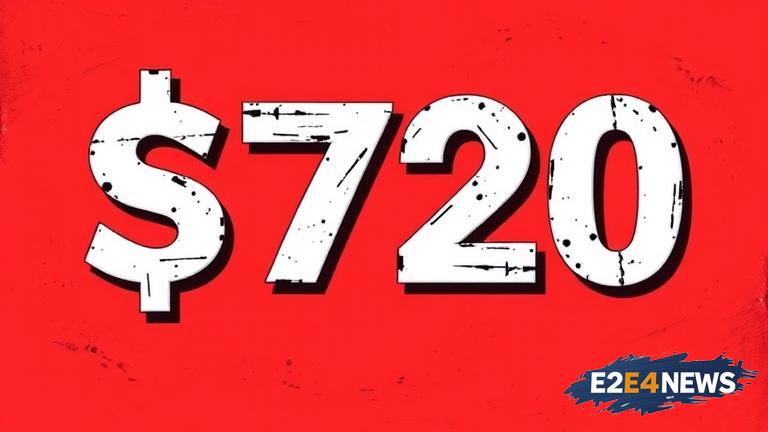In a significant legal development, eight opioid manufacturers have reached a $720 million settlement to resolve numerous lawsuits filed against them. These lawsuits alleged that the companies played a substantial role in the opioid crisis by aggressively marketing and distributing opioid medications, which contributed to widespread addiction and overdose deaths. The settlement marks a crucial step in addressing the devastating impact of the opioid epidemic, which has affected millions of individuals and families across the United States. The companies involved in the settlement include several major pharmaceutical manufacturers and distributors. The $720 million will be allocated to various states and local governments to fund efforts aimed at combating the opioid crisis, such as addiction treatment programs, public health initiatives, and law enforcement activities. This settlement is part of a broader wave of legal actions against opioid manufacturers and distributors, with several other companies facing similar lawsuits. The opioid crisis has been a major public health issue in the U.S. for over two decades, with prescription opioids being a leading cause of accidental deaths. The settlement underscores the growing recognition of the need for accountability from pharmaceutical companies in addressing this crisis. While the financial compensation is significant, many advocates argue that it is only a first step toward addressing the long-term consequences of opioid addiction. The settlement also includes provisions for increased oversight and monitoring of opioid distribution practices to prevent similar crises in the future. This case highlights the importance of legal action in holding corporations accountable for their role in public health issues. The funds from the settlement are expected to provide much-needed resources to communities that have been disproportionately affected by the opioid epidemic. However, some critics argue that the amount is insufficient given the scale of the crisis and the profits made by the companies involved. The settlement is subject to final approval by the courts and participating states. If approved, it will join other settlements and legal resolutions aimed at addressing the opioid crisis. This case serves as a reminder of the complex interplay between pharmaceutical companies, regulatory agencies, and public health policies. Moving forward, the focus will be on how effectively the settlement funds are utilized to make a meaningful impact on affected communities. The outcome of this settlement may also influence future legal actions against other pharmaceutical companies involved in the opioid industry. Overall, while the $720 million settlement is a step in the right direction, the fight against the opioid crisis remains an ongoing challenge that requires sustained efforts from all stakeholders.
